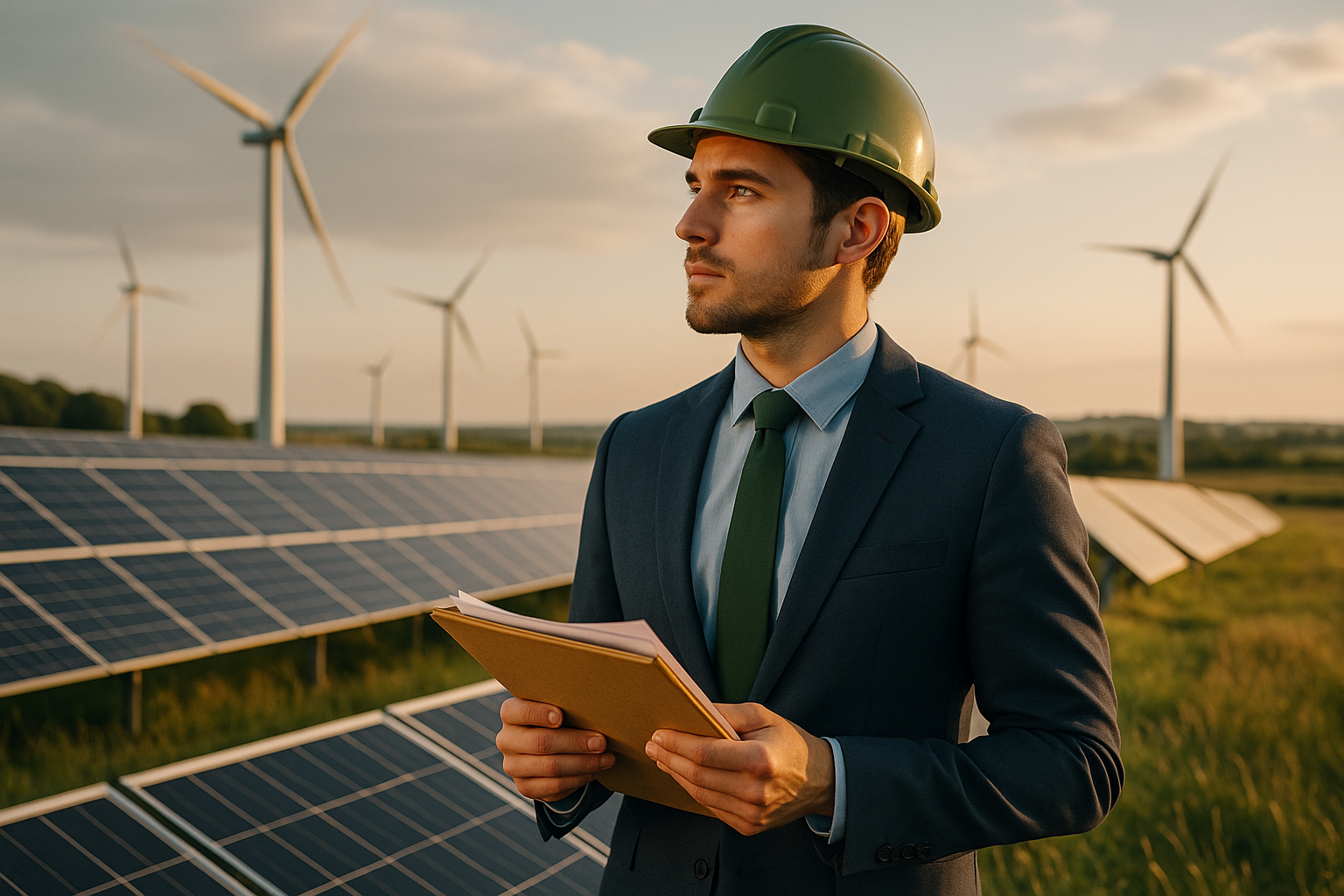Building a Thriving Career in the Green Economy: Opportunities and Challenges
Introduction: Embark on a journey into the green economy, an emerging sector that presents numerous career opportunities and challenges. Learn how to navigate this new terrain, and discover how you can play a part in crafting a sustainable future. The green economy concept emerged in the late 20th century as a response to growing environmental concerns and the pressing need for sustainable development. It encompasses sectors that strive to reduce environmental risks, minimize carbon emissions, and promote social inclusivity - from renewable energy and green construction to sustainable agriculture and waste management. The evolution of this sector has been driven by advances in technology, shifts in policy, and growing public awareness of environmental issues.

Current Trends in the Green Economy
As the global focus shifts towards sustainability, the green economy is experiencing significant growth. The International Renewable Energy Agency (IRENA) estimates that transitioning to a green economy could create up to 28 million jobs by 2050. This surge is propelled by the adoption of renewable energy technologies, increased investment in energy efficiency, and the rise of sustainable practices in agriculture and manufacturing sectors.
Navigating Careers in the Green Economy
A career in the green economy offers the chance to contribute to a sustainable future. However, it also presents certain challenges. As a nascent industry, it is characterized by rapid change and uncertainty. Jobs in this sector require a unique blend of skills, including technical expertise, adaptability, and a deep understanding of sustainability principles. Plus, many roles demand interdisciplinary knowledge, as they bridge the gap between science, technology, policy, and business.
Building Skills for the Green Economy
To thrive in the green economy, individuals must equip themselves with relevant skills and knowledge. This might involve pursuing specialized degrees or certifications, learning from industry professionals, or gaining hands-on experience through internships and volunteering. Acquiring a combination of hard skills such as data analysis or project management, along with soft skills like problem-solving and communication, can prepare job seekers for a wide range of green careers.
Navigating Challenges in the Green Economy
While the green economy presents abundant opportunities, it also comes with its share of challenges. These include policy uncertainty, the need for large-scale infrastructure changes, and the disruption of traditional industries. However, these challenges also represent potential areas for innovation and growth. By staying informed about industry trends and developing a flexible, resilient career strategy, professionals can navigate these obstacles and make a meaningful impact.
In conclusion, building a career in the green economy is an exciting journey filled with opportunities for personal growth and societal impact. By understanding the landscape, acquiring relevant skills, and navigating the challenges, job seekers and professionals can contribute to a sustainable future while creating fulfilling careers.




